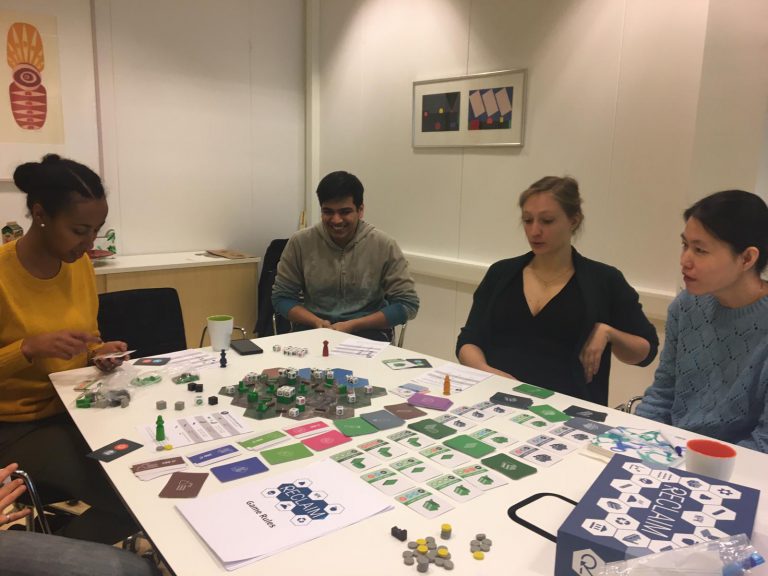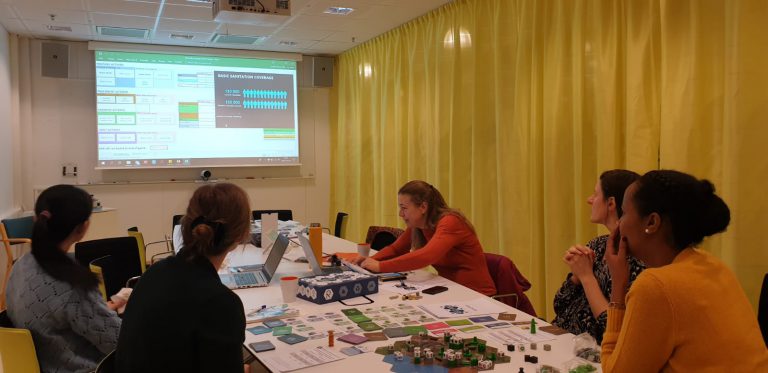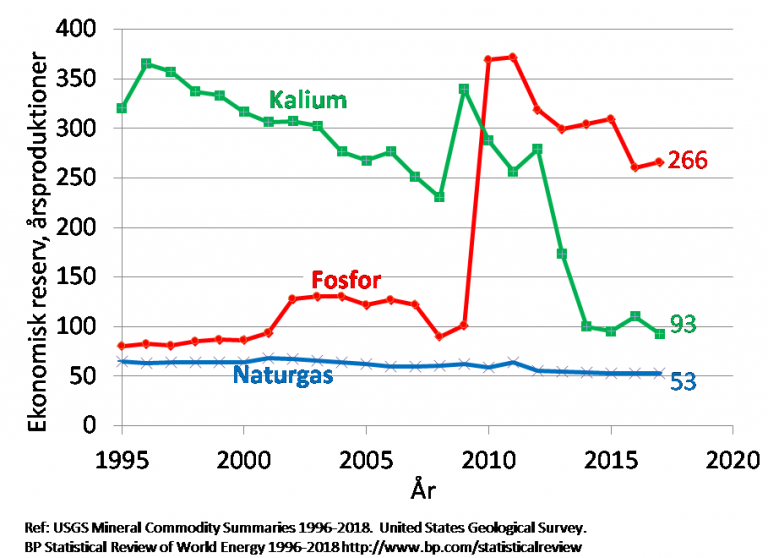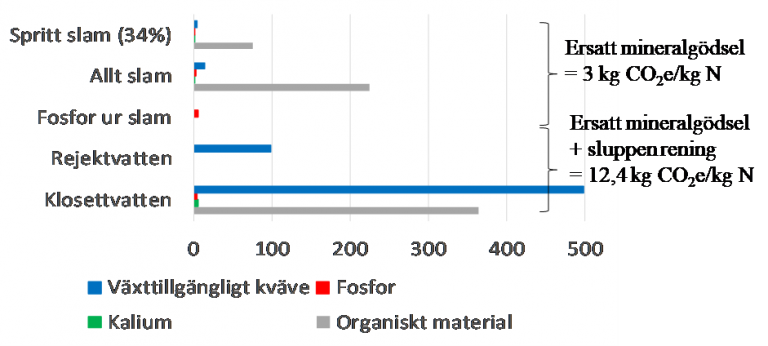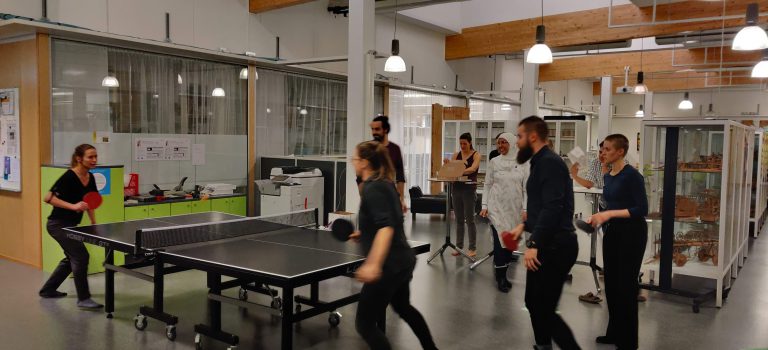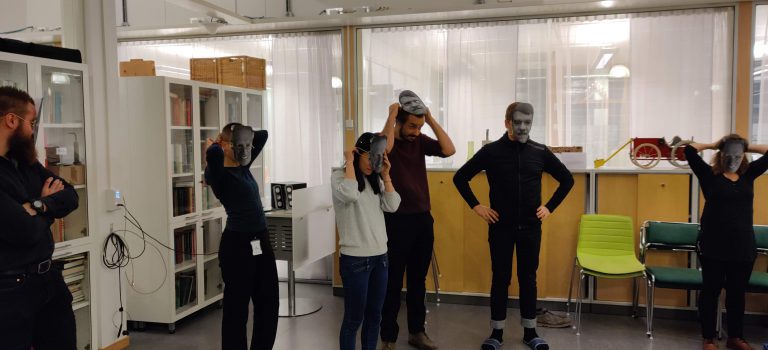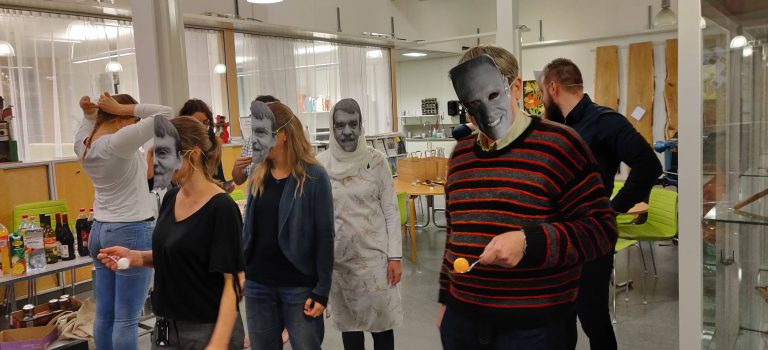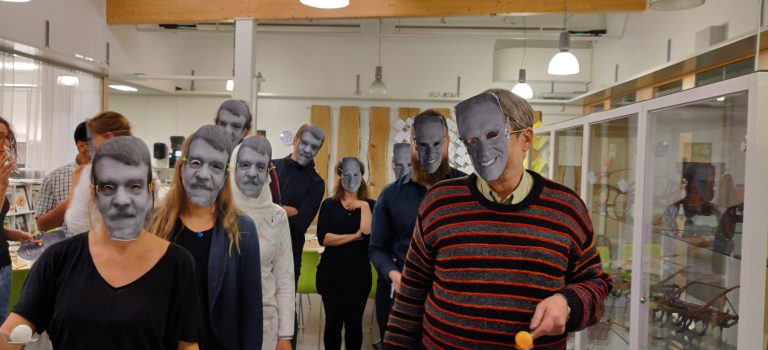The master thesis, Technical Evaluation of Urine Drying in Pilot Scale – a Field Experiment in Finland (author Caroline Karlsson), is now published at the DiVA portal. In this interesting master project the urine drying technology was tested for the first time in field conditions at a military base in southwestern Finland. For more information: http://www.diva-portal.org/smash/record.jsf?pid=diva2:1374211
Author: Prithvi Simha
Pharmaceutical pollution of water resources in Nakivubo wetlands & Lake Victoria, Uganda
This study investigated the occurrence and removal in wastewater and water bodies in Nakivubo wetland area and Inner Murchison Bay, Lake Victoria, of common prescription and non-prescription pharmaceutically-active substances (PhACs) sold in Kampala city, Uganda. A questionnaire was sent to 20 pharmacies in Kampala, to identify the most commonly sold PhACs in the city. During two sampling campaigns, samples were collected from Bugolobi wastewater treatment plant (WWTP) influent and effluent and surface water samples from Nakivubo channel, Nakivubo wetland and Inner Murchison Bay. The concentrations of 28 PhACs, organic matter, solids and nutrients in water samples were analysed. Ciprofloxacin (antibiotic), cetirizine (anti-allergy), metformin (anti-diabetes), metronidazole (antibiotic) and omeprazole (gastric therapy) were reported by pharmacies to be the PhACs most commonly sold in the study area. Chemical analysis of water samples revealed that trimethoprim (antibiotic) and sulfamethoxazole (antibiotic) were the dominant PhACs in water from all sites except Lake Victoria.
Fecal sludge & sewage treatment infrastructure investments & operating costs in Kampala, Uganda
Like many low-income countries, Uganda is struggling to provide sanitation to its inhabitants. Meeting the Sustainable Development Goal related to sanitation (SDG6) will require major investments in sanitation. This study uses the concept of service regimes to analyze existing sanitation infrastructure and services and their respective costs. The service regimes investigated are the sewage regime and the fecal sludge (FS) regime. The results show that approximately 56% of the fecal flow in Kampala is estimated as ‘safely managed’. The results also show that the annual per capita costs for the sewage regime (USD 186) are more than 13-fold those for the FS regime (USD 14). Additionally, there are large differences in subsidies between the regimes. When allocating public funds, decision-makers are advised to consider (i) number of customers within regimes, (ii) total capital and operating costs of services, (iii) cost allocation between stakeholders, and (iv) infrastructure performance.
McConville, J. R., Kvarnström, E., Maiteki, J. M., & Niwagaba, C. B. (2019). Infrastructure investments and operating costs for fecal sludge and sewage treatment systems in Kampala, Uganda. Urban Water Journal, 1-10.
Trying the new role-playing game RECLAIM
We ended the year 2019 with a very fun activity – trying out a new role-playing game developed by Jennifer McConville and her colleagues. RECLAIM is an exciting, dynamic board game whose main purpose is to act as a learning tool for participatory decision-making on water and sanitation issues. There are several stakeholders represented in the game, and all players are allowed to role play each stakeholder, and collaborate to provide and improve the sanitation situation of their region. The board itself is modular in the sense that it can be arranged to depict that group of players’ cities, be it a peri-urban area in Uganda or the urban area of central Stockholm. Not only did we have a lot of fun role playing, but we also found it to be quite intuitive. At the end of the game, we as players reflected on how RECLAIM can be a great tool that can help community members to come together, share, and help understand each other’s perspective on sanitation and how such games provide an ideal platform to make that happen.
Role-playing and gaming are active learning tools, which are useful for learning relationships between technology and society, problem solving in complex situations and communication. For further information about RECLAIM, get in touch with Jennifer McConville at Kretsloppsteknik.
Pressmeddelande: Kväve bör prioriteras högre än fosfor vid återvinning av näring från avlopp
Fosfor har länge starkt prioriterats vad gäller återvinning från avlopp och i direktivet till den sittande slamutredningen är fosfor det enda näringsämnet som nämns. Kväve bör dock prioriteras högst enligt en ny utvärdering av kriterier kopplade till användning av icke förnybar resurs, sårbarhet, och potentiellt minskad klimatpåverkan.
Vid prioritering av återvinning från avlopp betonas ofta att fosfor är nödvändigt för allt liv och att det snart kommer att ta slut (Peak phosphorus). Det finns skäl att ifrågasätta denna ensidiga betoning på fosfor. Rapporten ”Fosfor, kväve, kalium och svavel – tillgång, sårbarhet och återvinning från avlopp” går igenom a) risker kopplade till att konstgödsel tillverkas av icke förnybara resurser, b) sårbarheten för svensk växtodling vid stoppad import av konstgödsel, och c) potentiellt minskad klimatpåverkan vid återvinning av växtnäring från avlopp.
Definitionen av ekonomisk reserv är: Storleken på den resurs som bedöms vara av sådan kvalitet att den med dagens teknik och pris ekonomiskt kan utvinnas. Den ekonomiska reserven av råfosfat beräknades 2017 till 266 årsproduktioner, vilket är 5 gånger så stor som den för naturgas, 53 årsproduktioner (figur A). Naturgas är den viktigaste icke förnybara råvaran för tillverkning av konstgödselkväve. Många påpekar att gödselkväve kan tillverkas med förnybar energi, men då blir produktionskostnaden ca 3 gånger så hög, varför förnybar energi inte ska räknas in i de ekonomiska reserverna. Den ekonomiska reserven för tillverkning av kväve är alltså klart minst. Dessutom är odlingens kostnad och kostnadskänslighet för kväve ca 6,5 gånger större än för fosfor. Därför bör återvinning av kväve prioriteras högst. Återvinning av fosfor och kalium är också önskvärd.
Press Release: Nitrogen should be given higher priority than phosphorus when recovering plant nutrients from wastewater
Phosphorus has long been the highest priority when recovering plant nutrients from sewage. However, nitrogen should be given top priority according to a new evaluation of criteria linked to the use of non-renewable resources, vulnerability, and potentially reduced climate impact.
When prioritizing recovery from wastewater, phosphorus often emphasised as it is necessary for all life and as it is stated to soon run out (Peak phosphorus). There is reason to question this one-sided emphasis on phosphorus. The report “Phosphorus, nitrogen, potassium and sulphur – access, vulnerability and recovery from wastewater” reviews a) risks linked to the production of artificial fertilizers from non-renewable resources; b) the vulnerability of Swedish plant production to blocked import of artificial fertilizers; and c) potentially reduced climate impact in the recovery of plant nutrients from wastewater.
All investigated criteria show that the recovery of nitrogen from wastewater should be given highest prioritized, and significantly higher than the recovery of both phosphorus and potassium. According to its directives, the presently working governmental investigation on sewage sludge is obliged to submit a proposal focused on recycling of phosphorus from sewage sludge by 10 January 2020. The risk is obvious that the wastewater sector will be forced to devote considerable resources to phosphorus recovery, resources that should be invested in nitrogen recovery to best contribute towards increased sustainability for both the wastewater system and the entire food system.
For more information, read the report: Fosfor, kväve, kalium och svavel – tillgång, sårbarhet och återvinning från avlopp. Download from: https://pub.epsilon.slu.se/16407/
Vi söker en postdoktor för att stärka vår forskning inom miljösystemanalys
Kretsloppsgruppen vis SLU – Sveriges lantbruksuniversitet söker ett postdoktor för att förstärka vårt team. Snälla sprida denna annonsen i dina nätverk. Vi söker en postdoktor för att stärka vår forskning inom hållbarhetsbedömningar av tekniker för resursåtervinning från organiskt avfall från städer, dvs avloppsfraktioner och organiskt fast avfall. Vi är särskilt intresserade av hållbarhetsbedömningar, t.ex. livscykelanalys, kostnads-nyttoanalys och tekniska innovationsstudier av system utformat för återvinning av näringsämnen från avloppsvatten.
Mer information om positionen finns här: https://www.slu.se/om-slu/lediga-tjanster/?rmpage=job&rmjob=2977&rmlang=SE
Kontakt: Jennifer McConville
We are looking for a Post-Doc to join our team & work with sustainability assessment
The environmental engineering group at SLU – Swedish University of Agricultural Sciences is looking for a post-doc to join our team. Please, spread this announcement in your networks. Apologies for cross-posting. We are looking for a post doc to strengthen our research on sustainability assessments of technologies for resource-recovery from urban organic waste, i.e. wastewater fractions and organic solid waste.
We are particularly interested in sustainability assessments, e.g. life cycle assessment, cost-benefit analysis and technological innovation studies of systems designed for the recovery of nutrients from wastewater.
Full details of the position can be found here: https://www.slu.se/en/about-slu/jobs-vacancies/?rmpage=job&rmjob=2978&rmlang=UK
Contact: Jennifer McConville
After-work at Kretsloppsteknik to celebrate yet another year!
SIDA International Training Programme at Kretsloppsteknik
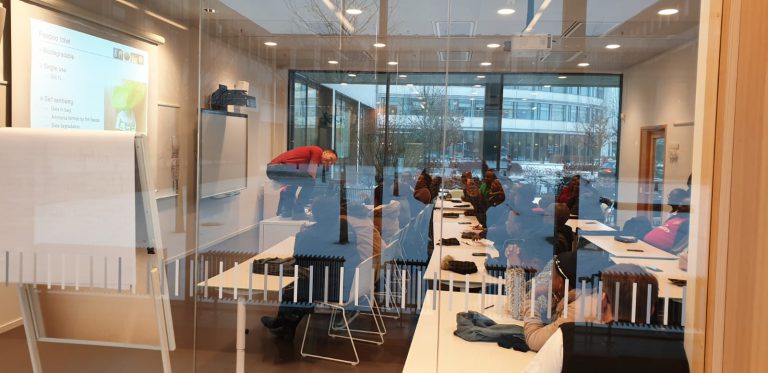
Björn demonstrates how to use a PeePoo toilet during his lecture
Earlier this week, a few members of Kretsloppsteknik hosted a group of SIDA’s International Training Programme participants in Uppsala. NIRAS on behalf of SIDA implements a number of International Training Programmes. Kretsloppsteknik is involved as part of this program through NIRAS with focus on participants from both Asian and African countries. During these visits, we teach, present, and do technology demonstration through field visits talking about safe nutrient recycling, source-separating sanitation systems, management of organic wastes, socio-technical systems analysis, etc.


